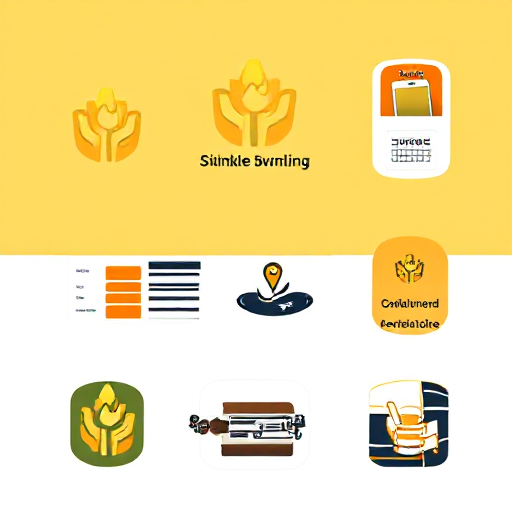Effective Content Marketing Strategies For Startups
Content marketing has become a cornerstone of growth for startups looking to establish their brand, attract customers, and build a sustainable online presence. Unlike traditional advertising, content marketing allows startups to create valuable, relevant content that resonates with their target audience, fosters trust, and drives engagement. Here’s a comprehensive guide to effective content marketing strategies tailored specifically for startups:
1. Define Your Audience and Goals
Before diving into content creation, startups must clearly define their target audience and marketing goals. Understand the demographics, interests, pain points, and behaviors of your ideal customers. Align your content strategy with specific business objectives such as brand awareness, lead generation, customer acquisition, or retention.
2. Create Compelling and Relevant Content
High-quality content forms the foundation of any successful content marketing strategy. Develop informative blog posts, articles, guides, case studies, or whitepapers that address industry challenges, provide solutions, or educate your audience. Ensure that your content is valuable, engaging, and aligned with your brand voice and messaging.
3. Utilize SEO Best Practices
Optimize your content for search engines to improve visibility and attract organic traffic. Conduct keyword research to identify relevant keywords and phrases that your target audience is searching for. Integrate these keywords naturally into your content, including headlines, meta descriptions, and throughout the body. Focus on creating content that answers common questions or solves problems within your industry.
4. Leverage Content Distribution Channels
Maximize the reach of your content by leveraging various distribution channels. Besides your own website and blog, consider guest blogging on industry-relevant websites, publishing articles on LinkedIn or Medium, and syndicating content through email newsletters or industry publications. Utilize social media platforms strategically to promote your content and engage with your audience.
5. Invest in Visual and Interactive Content
Visual and interactive content formats such as infographics, videos, webinars, podcasts, and interactive quizzes can enhance engagement and captivate your audience. Experiment with different formats to see what resonates best with your target audience. Visual content is particularly effective in conveying complex information or showcasing product features.
6. Build Thought Leadership
Establishing thought leadership can significantly elevate your startup’s credibility and authority within your industry. Publish thought-provoking insights, industry trends, or expert opinions through blogs, articles, or contributed content on reputable platforms. Participate in industry forums, webinars, or podcasts to share your expertise and build relationships with influencers and potential customers.
7. Encourage User-Generated Content (UGC)
Harness the power of user-generated content to amplify your brand’s reach and authenticity. Encourage customers to share their experiences, testimonials, or user-generated reviews. Host contests, challenges, or campaigns that encourage user participation and generate valuable content that can be repurposed across your marketing channels.
8. Implement a Content Calendar and Consistent Schedule
Maintain consistency in your content marketing efforts by implementing a content calendar. Plan and schedule content in advance to ensure regular updates and maintain engagement with your audience. Consider seasonal trends, industry events, or product launches when planning your content calendar to stay relevant and timely.
9. Measure and Analyze Performance
Monitor the performance of your content marketing efforts using analytics tools such as Google Analytics, social media insights, or platform-specific analytics. Track key metrics such as website traffic, engagement rates, conversion rates, and ROI. Use data-driven insights to optimize your content strategy, identify what resonates with your audience, and refine your approach accordingly.
10. Stay Agile and Adapt
The digital landscape is dynamic, so remain agile and adaptable in your content marketing strategy. Continuously test new ideas, content formats, and distribution channels to discover what works best for your startup. Stay informed about industry trends, competitor strategies, and emerging technologies to stay ahead of the curve.
By implementing these effective content marketing strategies, startups can effectively build brand awareness, attract and nurture leads, and ultimately drive sustainable growth. Content marketing not only helps startups establish a strong online presence but also cultivates lasting relationships with customers through valuable and engaging content.
For more information, email admin@1dollarcreatives.com.







